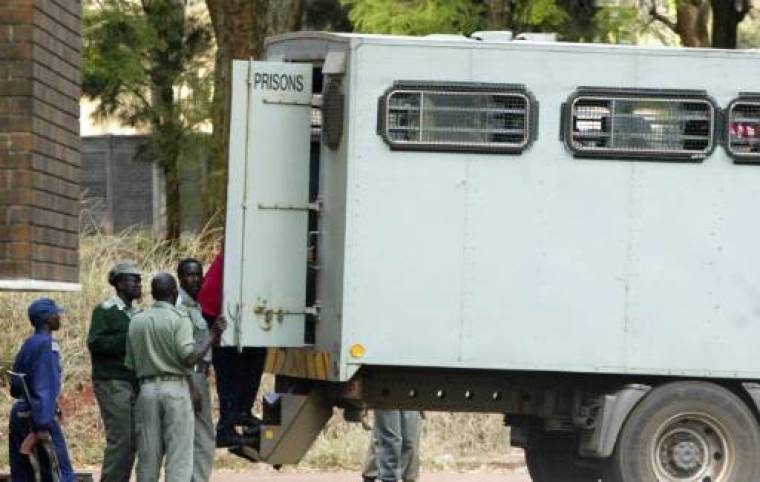
In a letter to UN Secretary-General Ban Ki-moon, WCC General Secretary Samuel Kobia of Kenya said his organisation was "dismayed at news of the brutality meted out by police and other government forces" in Zimbabwe.
Kobia said the WCC, which groups Protestant and Orthodox churches representing more than 560 million Christians in over 110 countries, "calls for an end to atrocities in Zimbabwe".
"Harassment, beatings, arrests and ransacking of property have already extended into the churches as well as agencies of civil society," the WCC letter declared.
Opposition Movement for Democratic Change leader Morgan Tsvangirai emerged ahead of President Robert Mugabe in the first round of the poll and says the government is conducting a campaign of violence and intimidation before the run-off vote.
Mugabe blames his opponents for the violence.
"Where the Mugabe government fails in its responsibility to protect the Zimbabwean people, the international community must assume that burden; in this endeavour, the United Nations should assume a leading role," Kobia said.
With the letter, the WCC sent Ban what it described as an alarming dossier on violence and intimidation in Zimbabwe compiled by South Africa's Dutch Reformed Church and Allan Boesak of the Uniting Reform Church in Southern Africa.
Although labour unions, women's organisations and business groups across Africa have also condemned Mugabe for the violence, the continent's governments - including that of South Africa - have preferred what they call a diplomatic approach.
South Africa's President Thabo Mbeki held talks with the Zimbabwean leader in Bulawayo on Wednesday.
Earlier, UN High Commissioner for Human Rights Louise Arbour said an official from her office sent to Zimbabwe on Sunday was expelled on Tuesday.
Two weeks ago, the Zimbabwe government ordered all foreign aid agencies to stop work, accusing them of helping the opposition in the pre-election campaign. Harare has ignored UN protests and appeals for the decision to be rescinded.